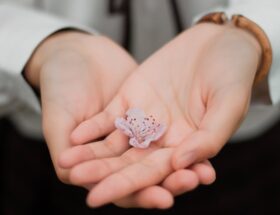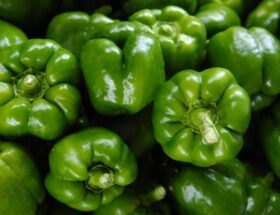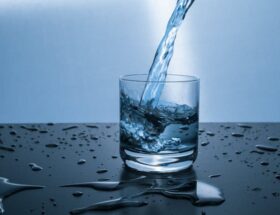Welcome back to GertieBlu, where we discuss the topics that matter for your health and well-being. Today, we’re tackling a question that everyone seems to have an opinion on: How much water should you drink each day?
The Classic Eight Glasses a Day
We’ve all heard the old adage, “Drink eight glasses of water a day.” This guideline is easy to remember but might not be the perfect fit for everyone. The truth is, the amount of water each person needs can vary based on a range of factors.
Factors Influencing Your Water Needs
- Body Size and Composition: Larger bodies generally require more water. Muscle tissue holds more water than fat tissue, so individuals with higher muscle mass might need more hydration.
- Activity Level: If you’re active and sweat a lot, you’ll need to replenish more fluids than someone who is sedentary. Athletes often need to drink significantly more water.
- Climate and Environment: Hot and humid environments cause your body to lose water faster, increasing your daily needs. Conversely, living in a cooler climate might mean you need less.
- Health Status: Certain health conditions and medications can affect your hydration needs. For example, people with kidney issues or those taking diuretics may need to adjust their water intake.
- Diet: Your food choices also play a role. High-water-content foods like fruits and vegetables contribute to your overall hydration. On the other hand, high-sodium diets might require you to drink more water.

General Guidelines
So, if “eight glasses” isn’t a one-size-fits-all answer, what is? Here are some general guidelines:
- The National Academy of Medicine recommends about 3.7 liters (125 ounces) of total water per day for men and 2.7 liters (91 ounces) for women. This includes all beverages and the moisture from foods.
- Listen to Your Body: Thirst is your body’s way of telling you it needs water. Pay attention to these signals and drink accordingly.
- Check Your Urine: A practical way to gauge your hydration is by the color of your urine. Light yellow generally indicates proper hydration, while dark yellow suggests you need to drink more.
Special Considerations
- Pregnant and Breastfeeding Women: These women need additional fluids to stay hydrated. The recommendation is about 10 cups (2.4 liters) of fluids daily for pregnant women and about 13 cups (3.1 liters) for breastfeeding mothers.
- Older Adults: As we age, our sense of thirst diminishes. It’s crucial for older adults to drink water regularly, even if they don’t feel thirsty.

Tips for Staying Hydrated
- Carry a Water Bottle: Having water on hand makes it easier to sip throughout the day.
- Set Reminders: Use phone apps or alarms to remind you to drink water.
- Flavor Your Water: Add slices of fruit, herbs, or a splash of juice to make your water more appealing.
- Eat Water-Rich Foods: Incorporate foods like cucumbers, watermelon, and oranges into your diet.
The Bottom Line
Staying hydrated is essential for your overall health. While the classic “eight glasses a day” is a good starting point, your personal water needs may be higher or lower. By considering factors like your body size, activity level, environment, and diet, you can better tailor your water intake to meet your individual needs.
Remember, the best hydration strategy is one that fits your lifestyle and keeps you feeling your best. Cheers to a healthier, hydrated you!
Stay tuned for more health tips and insights right here on GertieBlu.









